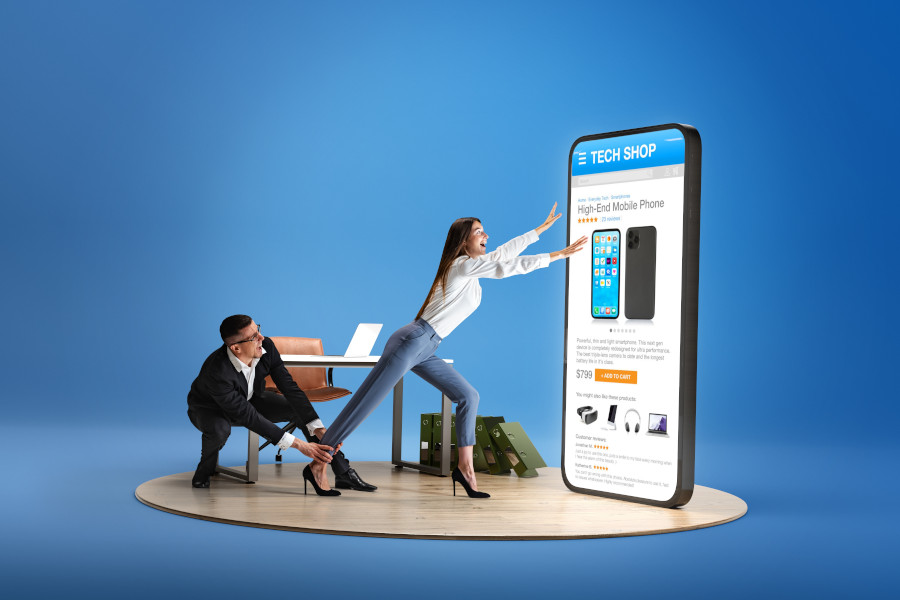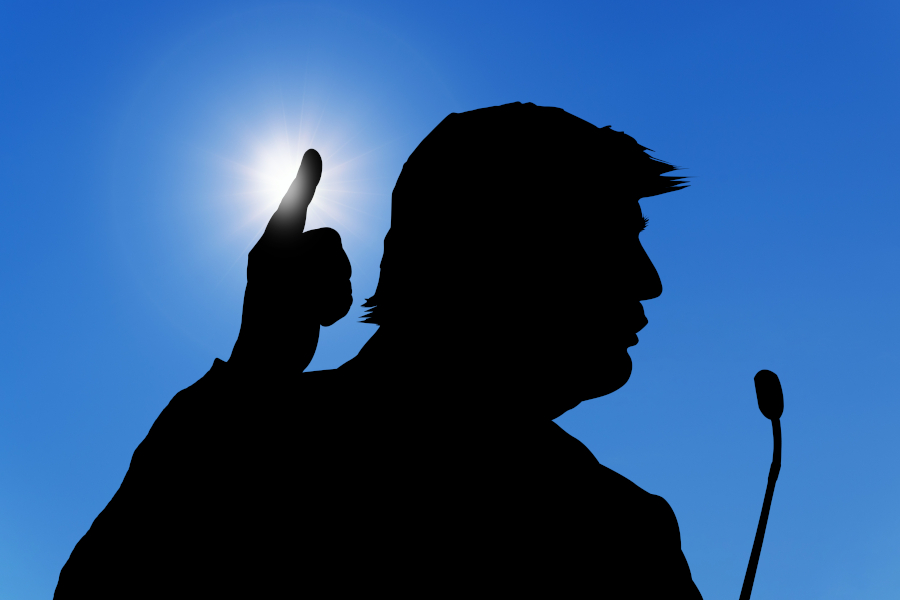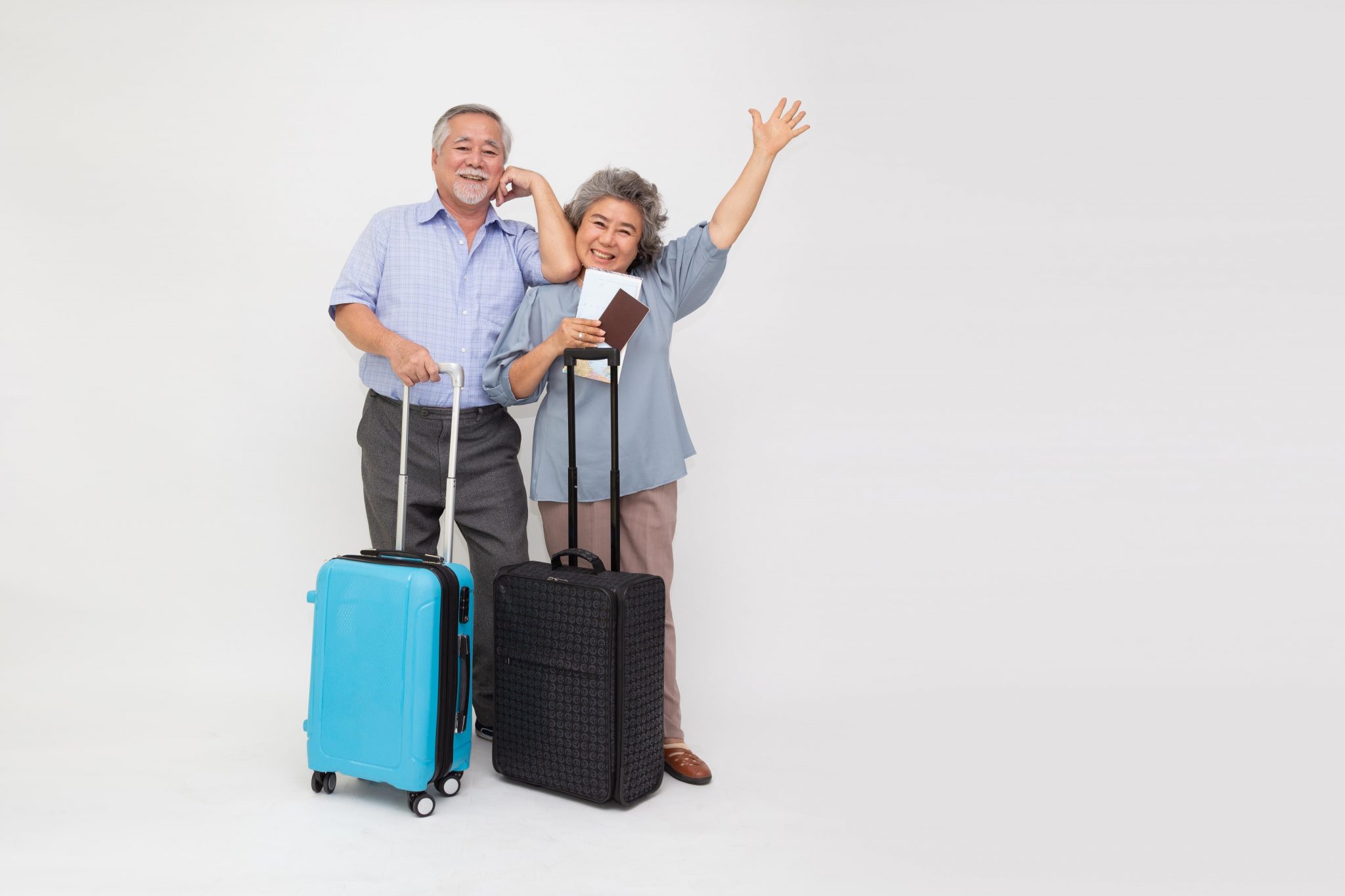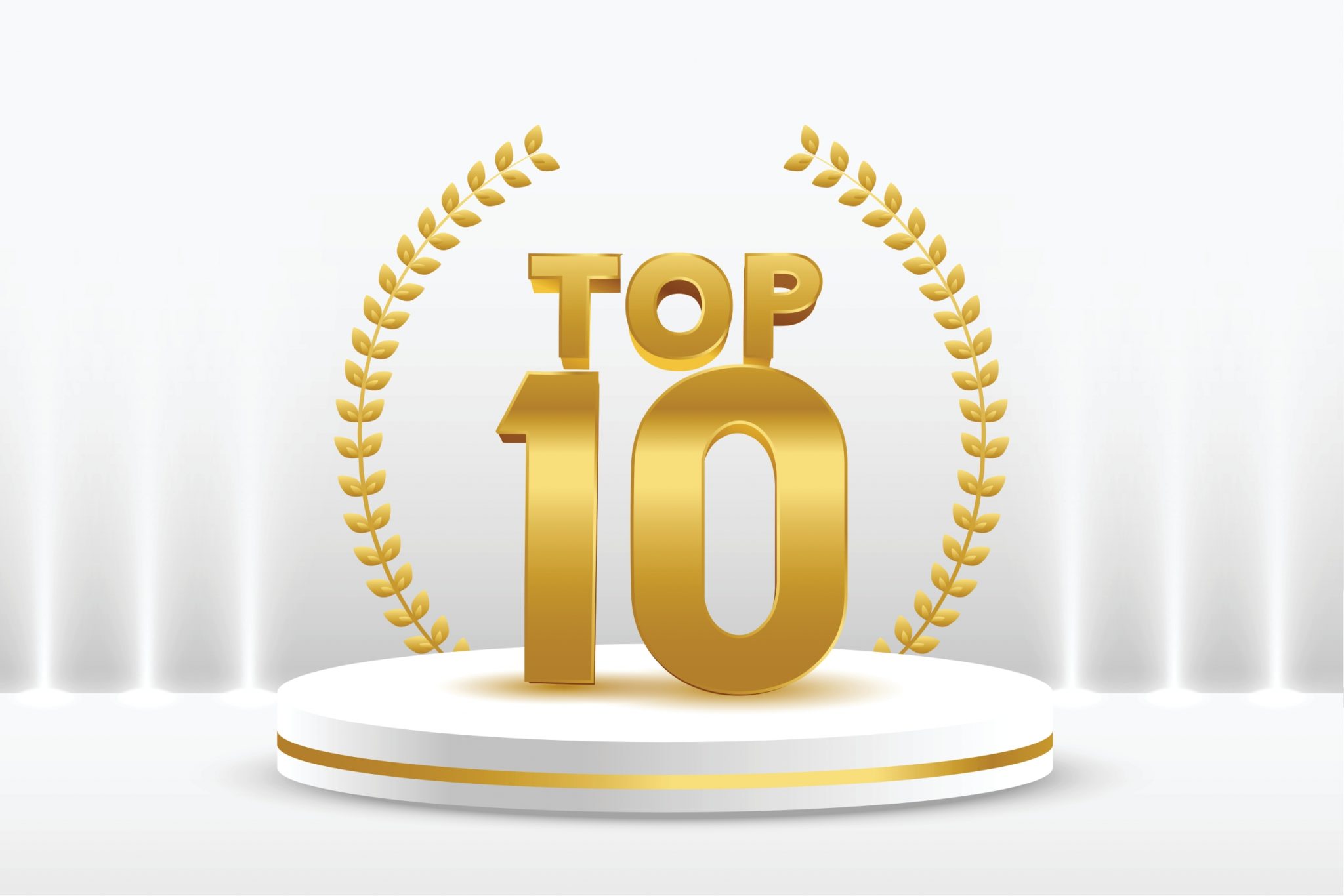Featured Faculty

Wan, Lisa Chun-ying
Associate Professor
Co-Director, Centre for Hospitality and Real Estate Research
Outstanding Fellow of the Faculty of Business Administration
More in ...
Enhancing consumer trust in sponsored ads
The science of creativity, genetics and careers
Will Trump 2.0 be wiser or stronger?
Consumer Reactions to Space Travel across Cultures
• 2 mins read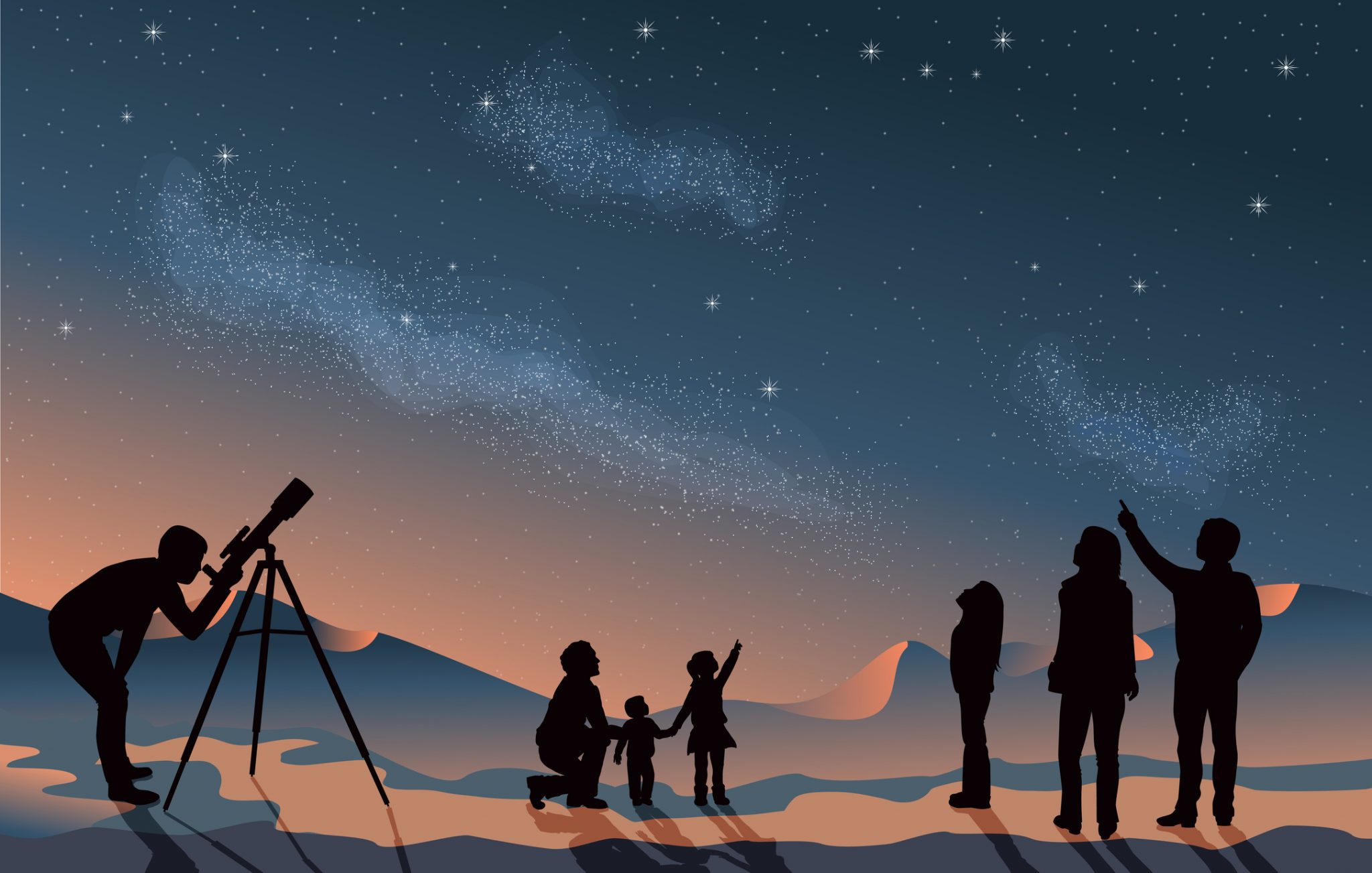
Because North America and China are the two biggest potential markets for space tourism, it is crucial to understand how consumers across Asian and Western cultures react to space travel. My research team conducted two studies in 2021 and 2022 to explore this question.
In study 1, we invited a total of 1,888 respondents (782 American respondents and 1,106 Chinese respondents) to fill in an online survey. First, we asked respondents to list out the first five words in their minds when they think of space tourism. Then, we asked about their willingness to engage in space tourism using two questions: “How likely would you travel to space if you could afford it?” and “How likely would you stay in a space hotel if you could afford it?”
Results show that American respondents associated space tourism with risk and risk-related thinking (i.e., dangerous, scary) more than their Chinese counterparts when they listed out the first five words about space tourism in their minds. Interestingly, Chinese respondents did not mention risk-related thinking, but they mentioned fantasy-related experiences such as “Alien” and “Weightless,” indicating they were having fantasy about space travel. Moreover, Chinese respondents indicated they were more willing to engage in space travel than their American counterparts.
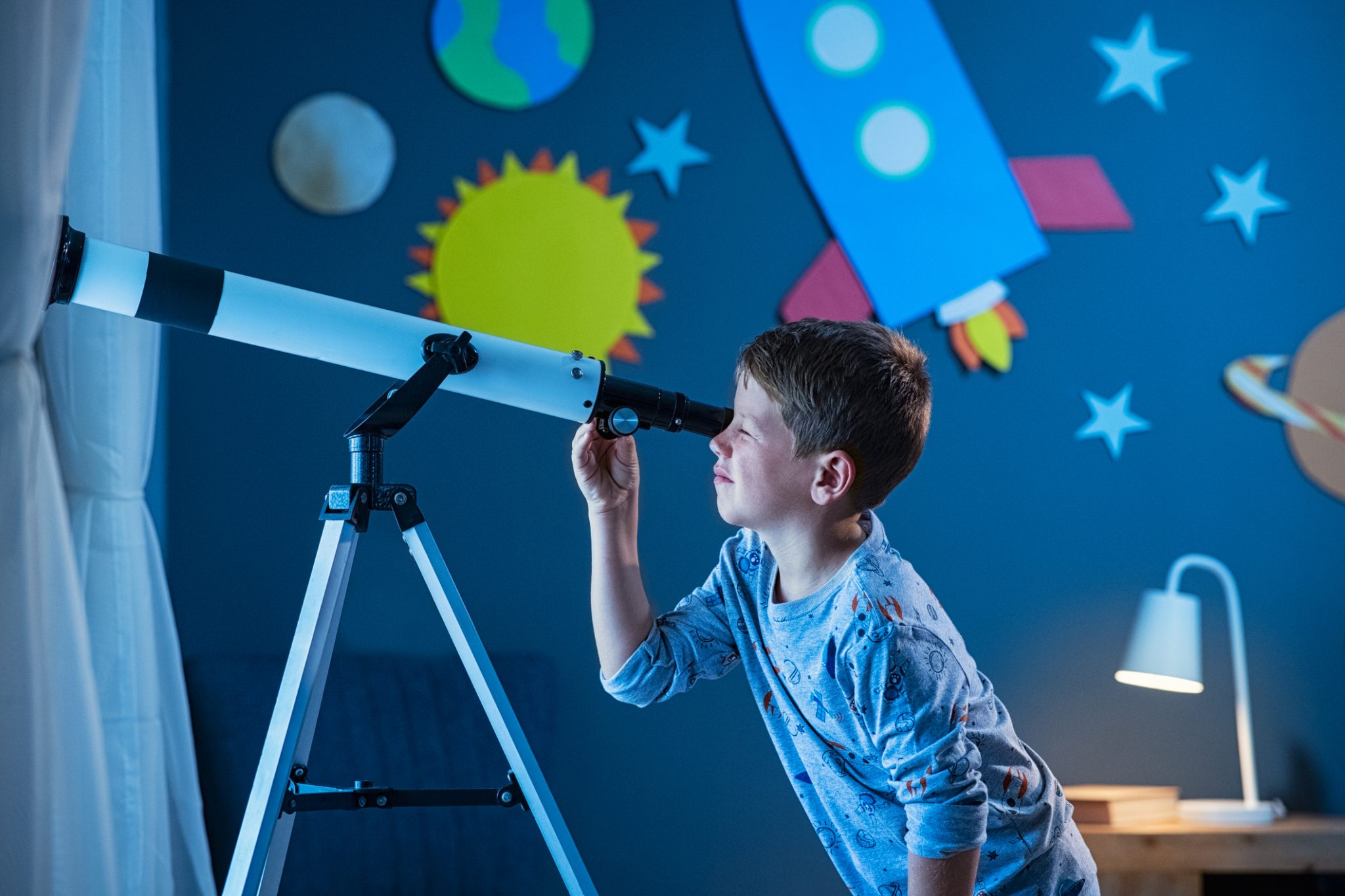
After one year, in study 2, we invited a total of 1,047 new respondents (508 American respondents and 539 Chinese respondents) to fill in the same online survey as in study 1, and a question on their perception of risk. Interestingly, although study 2 was conducted after the commercialized spaceflights were launched in 2021, results were consistent with study 1: American respondents listed more risk-related thinking (i.e., dangerous, scary), whereas Chinese respondents mentioned more fantasy-related experiences (i.e., alien, weightless) in the first five words about space tourism in their minds. Again, Chinese respondents were more willing to engage in space tourism than their American counterparts because they viewed space travel as less risky than American respondents.
The consistent results across the two time periods (total number of respondents = 2,935) suggested that the observed cultural difference is relatively dominant. Our research provides the first evidence that Chinese (vs. American) tourists are more interested in space tourism.
To find out more about a specific topic, click on the links below to navigate to the relevant chapter:
INTRODUCTION – Space Tourism Isn’t Science Fiction Anymore
PART I – Consumer Reactions to Space Travel across Cultures
PART II – Space Hotel and Space Food
PART III – Space Travel Opportunity for Public?
CONCLUSION – Future Direction for Space Travel

